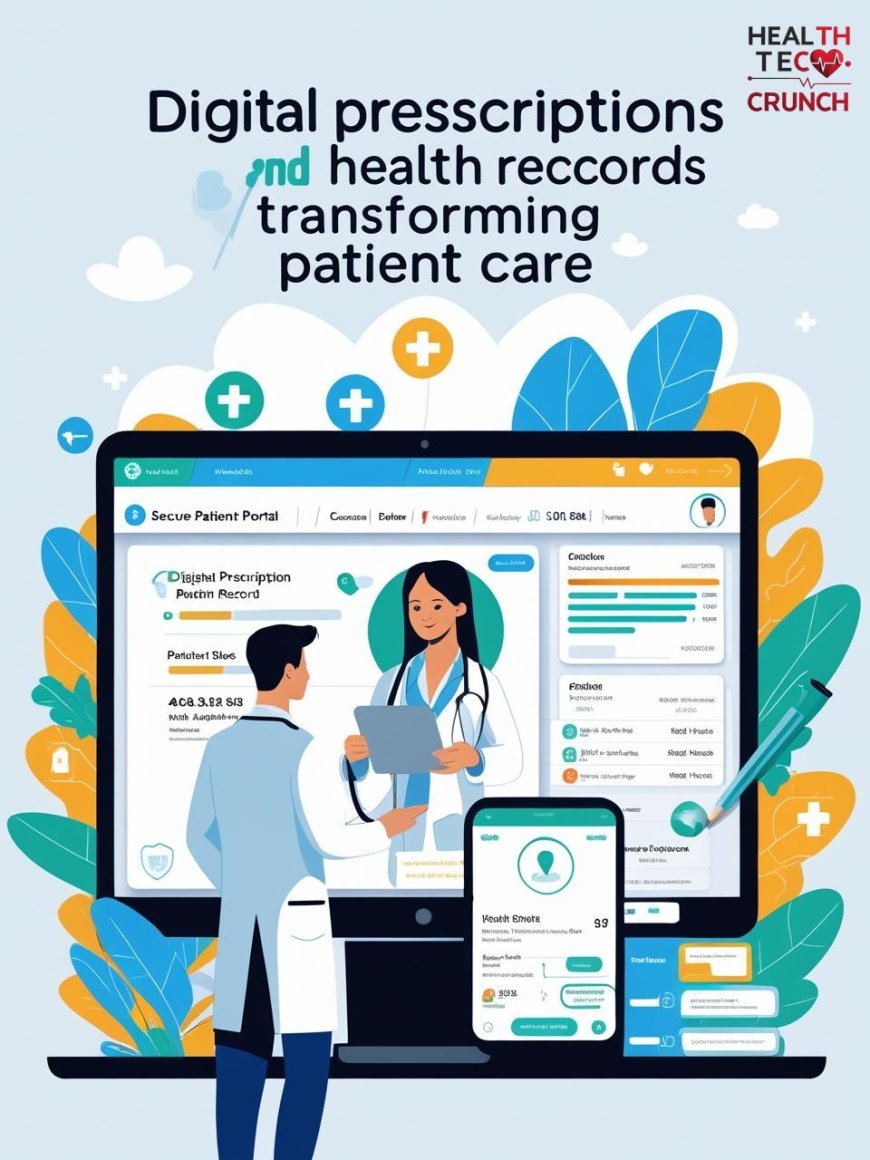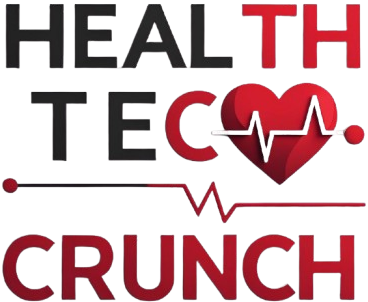Digital Prescriptions and Health Records: Transforming Patient Care with Technology

Digital Prescriptions and Health Records: Transforming Patient Care with Technology
The healthcare landscape is rapidly evolving, and digital prescriptions along with electronic health records (EHRs) are playing a pivotal role in shaping a more efficient and patient-centered system. These digital tools promise to enhance the quality of care, reduce errors, and streamline communication between patients and healthcare providers. However, as with any significant technological shift, they come with their own set of challenges that need thoughtful attention.
Digital prescriptions have become increasingly common, allowing doctors to send prescriptions directly to pharmacies electronically. This process eliminates many of the traditional barriers associated with handwritten notes, such as illegible handwriting or misplaced papers, which have long been a source of medication errors. For patients, it means fewer trips to the doctor’s office just to get a paper prescription, saving time and reducing frustration. This seamless handoff between doctor and pharmacist improves accuracy, ensuring that patients receive the correct medication promptly.
Electronic health records further complement this by creating a centralized digital file for each patient that holds comprehensive medical information-from past diagnoses and test results to medication history and allergies. This continuity of information is invaluable when patients visit multiple healthcare providers or specialists. Doctors can make more informed decisions quickly, avoiding unnecessary repeat tests and reducing the risk of adverse drug interactions. The result is more personalized, coordinated care that respects the patient’s unique health journey.
Beyond the practical benefits, digital health records also empower patients. Many systems now offer patient portals where individuals can access their own medical history, lab results, and upcoming appointments. This transparency encourages patients to take a more active role in their health, fostering better communication and trust with healthcare providers.
Despite these clear advantages, there are challenges to widespread adoption. One of the most significant hurdles is data security and privacy. Sensitive medical information must be protected from breaches, requiring robust cybersecurity measures and strict compliance with privacy laws. Patients need assurance that their personal health data will be handled with the utmost care and confidentiality.
Another challenge lies in interoperability-the ability of different digital systems and platforms to communicate with one another. Many healthcare providers use varying software, and when these systems don’t integrate well, it can lead to fragmented information rather than a cohesive patient record. Overcoming this requires standardized protocols and cooperation among healthcare organizations, software developers, and regulatory bodies.
Additionally, the transition to digital systems demands investment in training for healthcare staff to ensure smooth adoption and minimize errors. There is also the risk that some patients, particularly older adults or those less familiar with technology, may feel overwhelmed by digital tools. Providing support and alternative options remains important to keep care inclusive.
In essence, digital prescriptions and electronic health records represent a significant leap forward in modernizing healthcare. They offer the promise of safer, more efficient, and more connected care experiences. While challenges exist, the ongoing commitment to improving these systems will continue to benefit patients and providers alike.
As technology advances, the goal is clear: to create a healthcare environment where information flows effortlessly, errors are minimized, and every patient receives care that is timely, informed, and respectful of their individual needs. Digital health tools, when thoughtfully implemented, have the power to bring that vision to life.


























